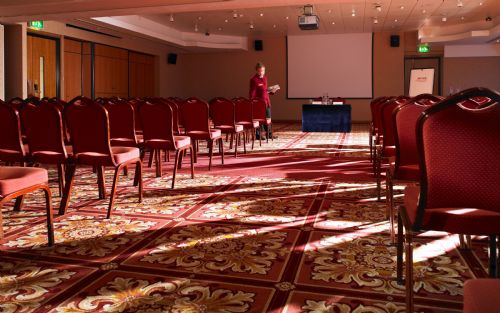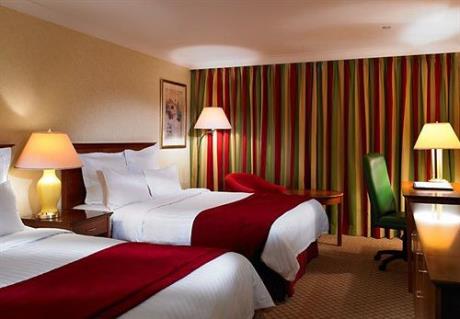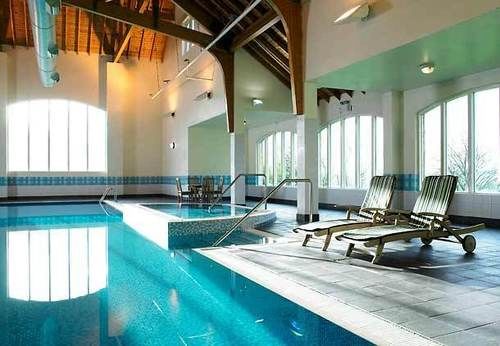Venue & Hospitality
Conference Dates: August 04-05, 2016
Hotel Services & Amenities
- Audio/Visual Equipment Rental.
- Business Center.
- Business Phone Service.
- Complimentary Printing Service.
- Express Mail.
- Fax.
- Meeting Rooms.
- Office Rental.
- Photo Copying Service.
- Secretarial Service.
- Telex.
- Typewriter.
- Video Conference.
- Video Messaging.
- Video Phone.
- ATM.
- Baggage Storage.



Transportation
Driving Directions to
Manchester airport
Head north on Thorley Ln towards Bailey Ln
Time: 0.8 min
Continue straight onto Runger Ln
Time: 0.8 min
Use the right lane to turn slightly left onto Hale Four Seasons Roundabout
Distance: 82 ft
Use the right 2 lanes to turn slightly right to stay onHale Four Seasons Roundabout
Distance: 95 ft
Use the right 2 lanes to turn right onto Wilmslow Rd/A538
Time: 0.2 min
Enter Hale Four Seasons Roundabout
Manchester Airport Marriot Hotel
Route Map
About City
The recorded history of Manchester began with the civilian settlement associated with the Roman fort of Mamucium or Mancunium, which was established in about 79 AD on a sandstone bluff near the confluence of the rivers Medlock and Irwell. It was historically a part of Lancashire, although areas of Cheshire south of the River Mersey were incorporated during the 20th century.Throughout the Middle Ages Manchester remained a manorial township but began to expand "at an astonishing rate" around the turn of the 19th century. Manchester's unplanned urbanisation was brought on by a boom in textile manufacture during the Industrial Revolution, and resulted in it becoming the world's first industrialised city.
Manchester achieved city status in 1853, the first new British city for three hundred years. The Manchester Ship Canal, at the time the longest river navigation canal in the world, opened in 1894, creating the Port of Manchester and linking the city to sea, 36 miles (58 km) to the west. Its fortunes declined after the Second World War however, owing to deindustrialisation, but investment spurred by the 1996 Manchester bombing led to extensive regeneration.
In 2014 the Globalization and World Cities Research Network ranked Manchester as a beta world city and consequently as the highest-ranked British city apart from London. Its metropolitan economy is the second biggest in England according to the ONS. Manchester is the third-most visited city in the UK by foreign visitors, after London and Edinburgh. It is notable for its architecture, culture, musical exports, media links, scientific and engineering output, social impact, sports clubs and transport connections. Manchester Liverpool Road railway station was the world's first inter-city passenger railway station and in the city scientists first split the atom and developed the stored-program computer.

